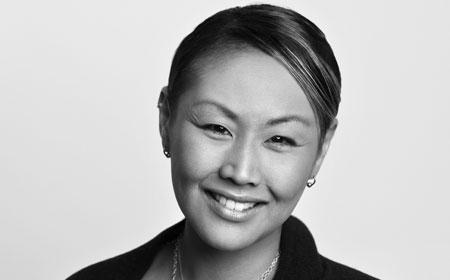"Why Poverty?" has a special focus during IDFA, including a screening of all 8 films in the series on 22 November:
EDUCATION, EDUCATION
What does an education get you?
China's economic boom and talk of the merits of hard work have created an expectation that to study is to escape poverty. But these days China's higher education system only leads to jobs for a few, educating a new generation to unemployment and despair.
Director Weijun Chen Producer Don Edkins Produced by Steps International
GIVE US THE MONEY
How do you change the world?
From Live Aid to Make Poverty History, celebrities have become activists against poverty. But have the concerts and campaigns really lifted millions out of poverty? Geldof, Bono and Bill Gates speak candidly about how to lobby effectively.
Director Bosse Lindquist Producer David Herdies Produced by Momento Film
LAND RUSH
How do you feed the world?
75% of Mali's population are farmers, but rich nations are leasing Mali's land in order to turn large areas into agribusiness farms. As Mali experiences a military coup, the developers are scared off – but can Mali's farmers combat food shortages on their own?
Directors Hugo Berkeley & Osvalde Lewat Producer Eli Cane Produced by Normal Life Pictures
PARK AVENUE
How much inequality is too much?
740 Park Ave, New York City, is home to some of the wealthiest Americans. Across the Harlem River, 10 minutes to the north, is the other Park Avenue in South Bronx, where 40% of the residents live in poverty. In the last 30 years, inequality has rocketed in the US.
Director Alex Gibney Producer Blair Foster Produced by Jigsaw Productions
POOR US
Do we know what poverty is?
The poor may always have been with us, but attitudes towards them have changed. Beginning in the Neolithic Age, Ben Lewis's film takes us through the changing world of poverty.
Director Ben Lewis Producers Femke Volting & Bruno Felix Produced by Submarine
SOLAR MAMAS / DK
Are women better at getting out of poverty than men?
Rafea is the second wife of a Bedouin husband. She is selected to attend the Barefoot College in India that takes uneducated middle-aged women from poor communities and trains them to become solar engineers.
Directors Mona Eldaief & Jehane Noujaim Producer Mette Heide Produced by Plus Pictures. Read Women on Power.
STEALING AFRICA / DK
How much profit is fair?
Rüschlikon in Switzerland has a very low tax rate and very wealthy residents. But it receives more tax revenue than it can use, thanks to Ivan Glasenberg, CEO of Glencore, who owns copper mines in Zambia.
Director Christoffer Guldbrandsen Producer Henrik Veileborg Produced by Guldbrandsen Film. Read Scrutinising a Swiss Mining Venture.
WELCOME TO THE WORLD
Is it worse to be born poor than to die poor?
130 million babies are born each year. In Cambodia, you're likely to be born to a family living on less than 1 dollar a day. In Sierra Leone chances of surviving the first year are half those of the worldwide average.
Director Brian Hill Producer Rachel Tierney Produced by Century Films
Worldwide broadcast 25-30 November 2012. In addition, around 30 shorts are distributed on WhyPoverty.net and on YouTube. "Why Poverty?" is initiated and produced by Mette Hoffmann Meyer of the Danish national broadcaster DR and Nick Fraser of the BBC, via STEPS International and its executive producer, Don Edkins.
The Danish Film Institute has supported the production of all eight films.
WHYPOVERTY.NET
